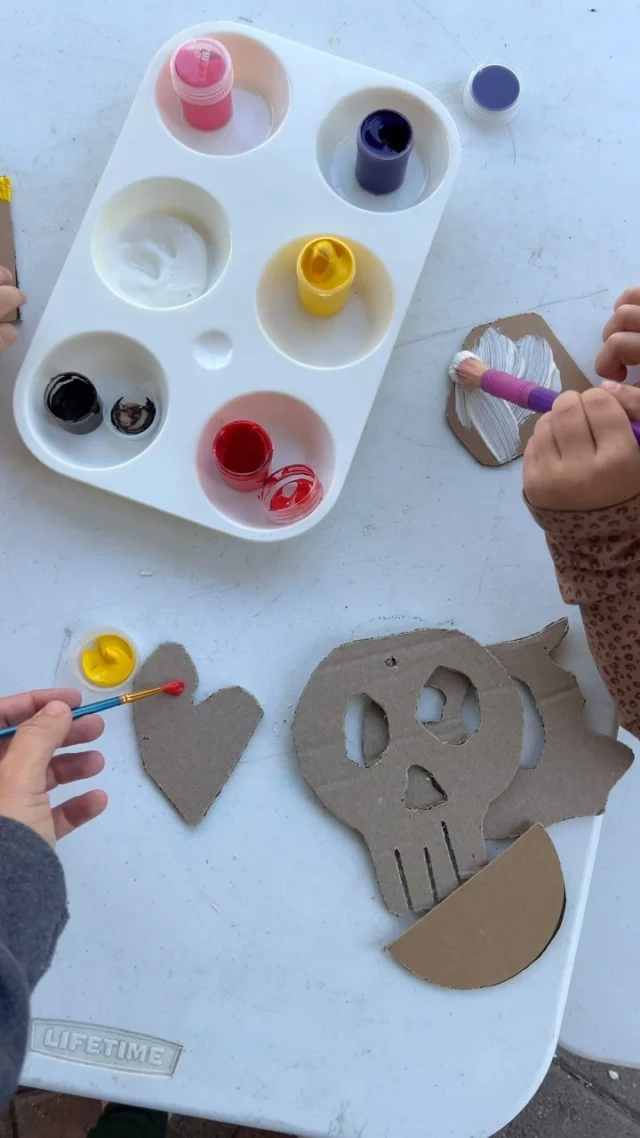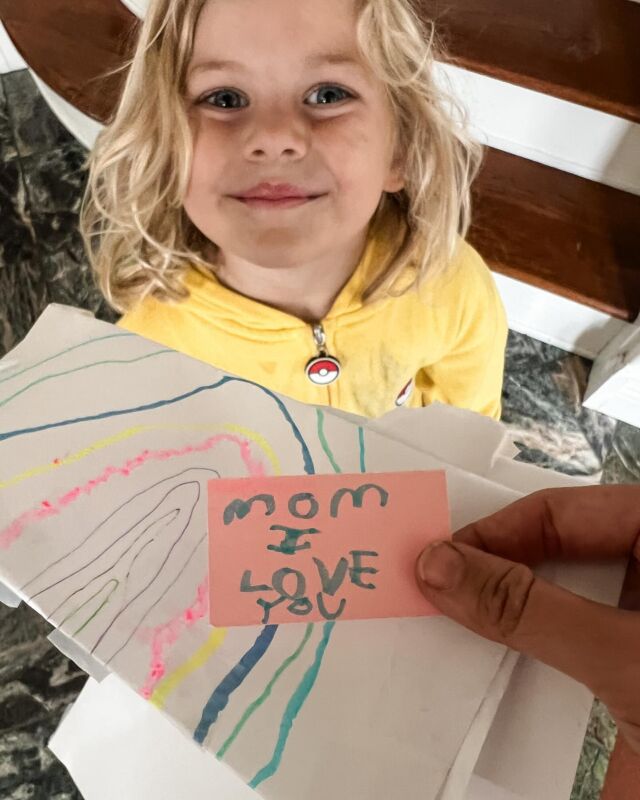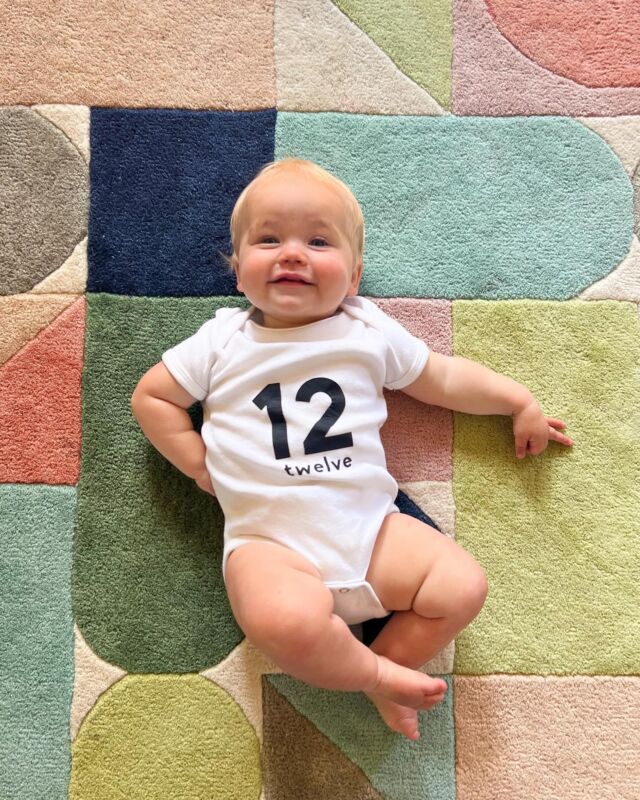The past few weeks I read three different books on French parenting, devouring everything that was said. If I had owned them, they would be filled with underlines and highlights! Instead, I hurriedly typed out everything to try to soak it in and reference it later, when I was sure I’d be desperate for help.
The three books I read were French Twist, Bringing up Bebe, and French Kids Eat Everything. All three books had the basis of an American woman finding herself living in France with young kids and finding out how all the French children around them were so well-behaved, respectful, and ate new foods so well.
Something about French parenting seems to make it feel like less of a grind and more of a pleasure. That is the type of parent I want to be. I want to find pleasure in it. I may sound naive in all this and I obviously know my kids will be brats but I’m hoping a few of these principles can help me find and execute the approach that makes me feel most fulfilled as a parent.
Here are some of my notes, quotes from the book I absolutely loved, and a few messages I want to remember. I have been telling a few friends how much I am loving these books lately and when they ask me to expand more about it, I forget everything I learned. So this is my way of trying to engrain these principles into my brain and practicing teaching so I can instill them in the future.
Teach your Child to Wait
This is one of the concepts of French parenting I love the most. When I see myself as a mom, I want to be calm and collected and teach my child that they can wait. That my needs are just as important as hers.
Waiting implies that the child doesn’t require immediate gratification, and that she can entertain herself. I have already tried to instill this since birth with Hazel. I would lay her down at her play gym and give her alone time while I got things done around the house. I started to sense that she really enjoyed being alone and at times when I was with her for a while and she started getting fussy I’d plop her down with a few toys, leave the room, and she’d happily play by herself.
Kids that can wait have developed the internal resource to cope with frustration and boredom. They don’t expect to get what they want instantly. I want to teach my child frustration, I want her to experience it so she knows how to cope with it and not fall into pieces every time she experiences it.
Catapulting to my child would start a dangerous cycle. If a kid has the experience that when they are told to wait, they scream, and mommy comes and the wait will be over, they will very quickly learn not to wait. Not waiting, screaming, and continuing to whine are being rewarded.
The French believe that babies are rational people who can learn things. When we rush to feed our baby whenever she whimpers, we are treating them like an addiction. Whereas expecting her to have patience would be a way of respecting her.
Be Calm On the Sidelines
I loved the very first line from the book French Twist that a French friend shared with the author: “If there is no blood, don’t get up.” Danger does not lurk everywhere. Yes, there are times it’s important to be aware and cautious but I don’t want to hover over my child with every step they make at the park.
I want to be involved but not obsessive. I don’t want to be at the constant service of my child and I don’t need to feel guilty that I am not standing right next to them and cheering them on for things.
The calmer outlook makes the parent better at both establishing boundaries and giving their kids some autonomy.
Teach your Child Automony — Independence & Self-Reliance
By letting children do things on their own, something that they can practice and tell the family about with pride, the child ends up much happier and more confident.
Parents are exhausting themselves trying to do all sorts of things for their child but children need to learn these things for themselves. No matter what you give them, they will want more; it’s in their nature. This applies to toys and sweets but also certainly for attention.
Kids have to figure out a way to adapt to the adult world and not the other way around.
Teach your Child to Respect a Parent/Grown-up’s Needs
The French treat “adult time” not as an occasional, hard-win privilege, but as a basic need.
“This is bedtime, and now is parent’s time. It is my time as an adult to be with my friends and you go to bed. That’s it.”
Teach your Child Manners and Respect
Children must always show respect for grown-ups and the French have a rule where children are required to say hello to a grown-up they know, especially when they greet you first. I like that idea and I think it’s important to get kids used to expressing themselves with confidence to a grown-up they don’t know well. It teaches them that they are not the only ones with feelings and needs, helping them get out of their bubble. Children need to understand the idea that they have the ability to give, not just receive.
The French speak to their children not as a master to a subject but as one equal to another.
Discipline
In the three books, they say that disciple is a seldom-used category in France. They frequently use the word education. They “educate” their child.
Instead of waiting for a big crisis and resorting to dramatic punishments, parents focus on making lots of small, polite, preventative adjustments, based on well-established rules.
There are certain zero-tolerance areas. Some zero-tolerance areas for me will be speaking respectfully about and to others and physical aggression.
Being strict about a few key things and relaxed about most others makes it seem more reasonable and thus children are more likely to obey. For example, Kids must stay in their room for bedtime but within their room, they can do what they want. Kids love the phrase “I can do whatever I want” and will play or read for a while and then eventually they will put themselves to bed.
Another idea I like is to let the punishment fit the crime. If a kid draws on a wall, you sit them down on a stool and give them a sponge to clean it off.
If you make a threat, follow through. When you don’t, kids end up interpreting the threats as “I have a few chances before they’ll do anything” and continue to whine or misbehave. Endless warnings are far from effective.
Structure and ritual create disciple. Children are tougher than you think. Do not back down. Do not be afraid of right and wrong.
Rules & Limits
Children will always have the impulse to give in to their vices. But they are happier when they’re wise and in command of themselves.
Be clear about and firm on the main rules but also make sure your rules are reasonable – not based purely on your own desire but that they are for everyone’s good. And the rules must apply equally to everyone. So if you tell your child they can’t eat on the couch, you can’t eat on the couch either. Don’t be lazy about it!
Kids have very firm limits that are strictly enforced but within those limits the kids have a lot of freedom.
When you view a child’s somewhat random demands as impulsive fancies you can have no problem saying no to these demands. For example if my kid suddenly demands a toy, I can remain extremely calm and gently explain that buying the toy isn’t in today’s play. I can try to bypass the impulse by redirecting her attention by telling a story about my life or her life. I could also look her in the eye and help her understand that she can’t have everything right away. It’s essential not to leave her thinking she is all-powerful, and that she can do everything and have everything.
Praise
If praise is not sincere, kids catch on pretty quickly, so any form of praise thereafter has little meaning.
Snacking
It’s okay for them to feel hungry. We are teaching them how to be adults.
Qualities I value and endeavor to pass along:
Appreciation for food
Good manners
Good conversationalists
Appreciation of small, beautiful things
Phrases I want to use with my kids:
“I am the chief. I am in charge.” “It is me who decides.”
These phrases give us as parents confidence and authority. A kid can feel that and will respect it.
“I am a mom, not a mule.” I thought this one was pretty funny.
“If you’re old enough to sass, you are old enough to do things yourself.”
I don’t think everything French is perfect. I want to be more gentle, positive, and friendly to my children than what is shown in the French parenting books. But I don’t want to raise them as if they think they rule the world or are the center of it.
I think the piece to take home is that it’s all just a balance and there is no magic elixir for making kids respect us and our authority. It’s always a work in progress. There are no fixed rules and you have to keep changing what you do as you progress through different phases of parenthood. I hope this random bits of thoughts and takeaways were helpful!









